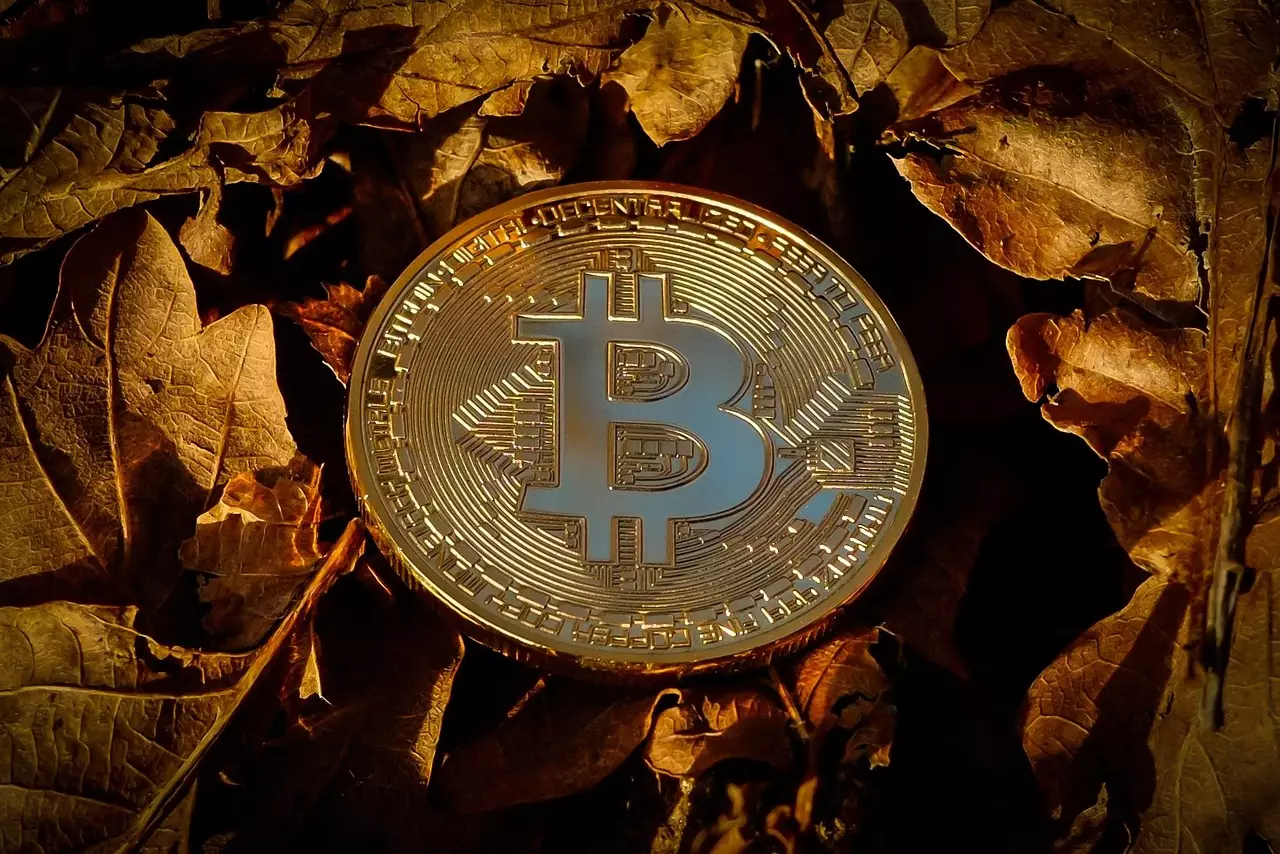Elon Musk’s recent action of moving 1,300 Bitcoin from SpaceX’s holdings has ignited suspicion and debate within the cryptocurrency community and beyond. After three years of silence, the company’s decision to transfer such a significant amount of Bitcoin raises eyebrows, especially when viewed through the lens of market stability and corporate strategy. While some interpret this as a routine custody adjustment, the timing and manner of the transfer suggest underlying strategic concerns that warrant skepticism.
This move cannot be dismissed as mere wallet organization without raising questions about Musk’s true intentions. Given that the coins have been sitting untouched in a new address, with no subsequent sales recorded, the scenario leans more toward a cautious custody shuffle than an imminent exit. Yet, in the unpredictable world of cryptocurrencies, even the simplest transaction can carry complex implications—particularly when a figure of Musk’s influence makes such a move.
The skepticism deepens when considering Musk’s outspoken stance on Bitcoin as a hedge in light of reckless government spending. His recent support for Bitcoin as a “fiat alternative” amid inflationary pressures suggests he still sees value in holding and potentially accumulating more. This contextual framework makes it unlikely that the recent transfer signifies distress or a desire to unload assets, but it certainly invites questions regarding transparency and long-term commitment.
Strategic Foresight or Hidden Agenda?
Diving deeper into the implications, this move signals a broader narrative about Musk’s approach to crypto assets—balancing between pragmatic custody management and strategic positioning. The transfer’s unknown destination introduces a layer of opacity, which could be a prudent security measure or a harbinger of more aggressive maneuvers in the future. Critics argue that the transfer may be part of a calculated risk, possibly preparing for liquidity needs or diversification.
From a center-right perspective, this behavior exemplifies a cautious investor’s mentality—leveraging Bitcoin’s utility as a store of value while avoiding impulsive sales driven by market volatility. Musk’s public comments about Bitcoin’s potential, especially in light of recent legislative measures and government stimulus efforts, underscore his belief in the digital gold narrative rather than an intent to destabilize or liquidate holdings.
Furthermore, the fact that Tesla’s Bitcoin reserve remains untouched for nine months suggests a strategic stance that aligns with a broader vision: Bitcoin as a resilient hedge against inflation and a safeguard for corporate assets in turbulent economic times. Musk’s vocal support for a “fiat is hopeless” future indicates his confidence in decentralized digital assets, reinforcing the idea that recent transfers may be about strategic repositioning rather than panic.
The Political and Economic Implications of Musk’s Crypto Strategy
Musk’s approach to Bitcoin isn’t solely driven by investment motives; it also intertwines with his broader political commentary and economic philosophy. His recent endorsement of Bitcoin as a means to counteract excessive government spending showcases a libertarian-leaning skepticism of fiat currencies and government policy. For Musk, Bitcoin isn’t just an asset—it signals an ideological opposition to the inflationary policies that threaten individual savings and economic stability.
This ideological stance complicates the narrative. While some might see Musk’s actions within the crypto community as opportunistic or even unpredictable, to others, they signal a deliberate attempt to hedge against systemic financial risks. His support for policies that favor Bitcoin’s limited supply demonstrates a belief in its long-term potential, aligning with center-right principles of fiscal conservatism and minimal government interference.
The recent transfer, then, could be interpreted as a tactical maneuver designed to keep his assets flexible and secure. It’s a testament to Musk’s broader worldview: engaging with revolutionary technologies not just for profit but as part of a political and economic philosophy that champions individual sovereignty, innovation, and resilience in the face of government overreach.
Elon Musk’s latest Bitcoin transfer may appear as a simple wallet shuffle on the surface, but beneath it lies a complex interplay of strategic foresight and ideological positioning. As a well-known advocate for digital assets, Musk’s actions reflect a cautious optimism rooted in his belief in Bitcoin’s potential as a safe haven amidst economic chaos. Yet, the opacity surrounding the transfer sparks suspicion—are we witnessing a calculated repositioning for future leverage, or merely a security measure?
In a polarized world where government spending threatens monetary stability, Musk’s bullish stance on Bitcoin underscores an ideological commitment—a belief that digital currencies can shield individuals and companies from the impending fallout of reckless fiscal policies. For skeptics, the move hints at hidden motives or even vulnerability; for supporters, it signals confidence and resilience. Either way, it is a reminder that pseudonymous wealth, corporate reserves, and political beliefs are increasingly intertwined—a dynamic that reshapes the financial landscape in unpredictable ways.


Leave a Reply